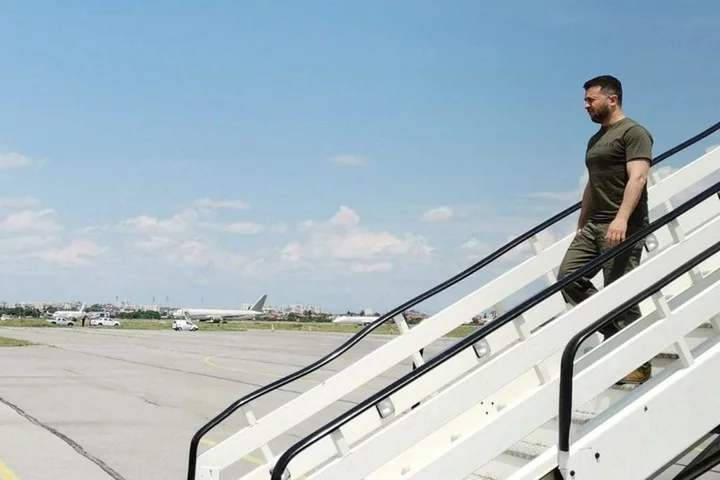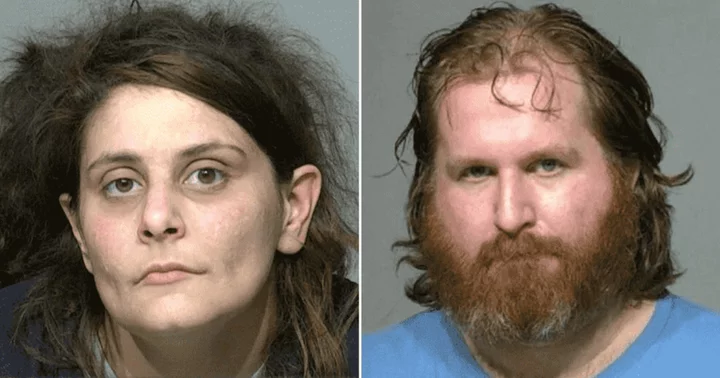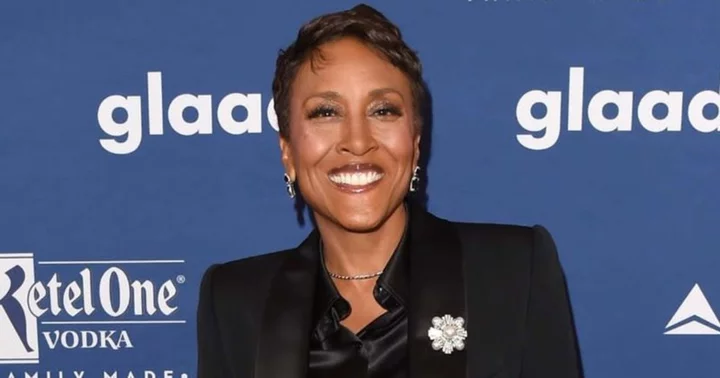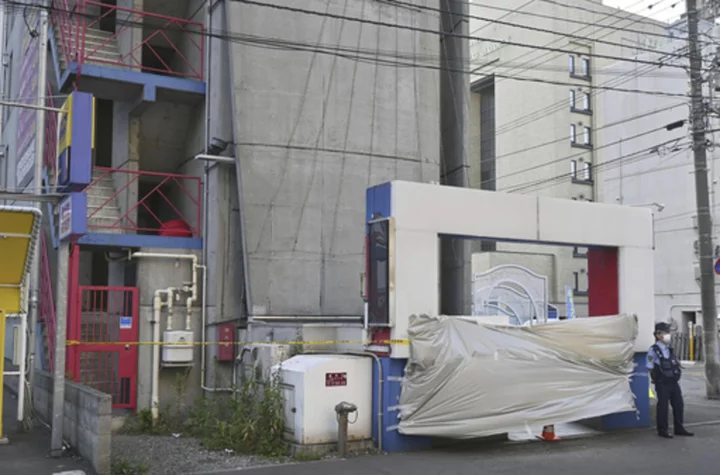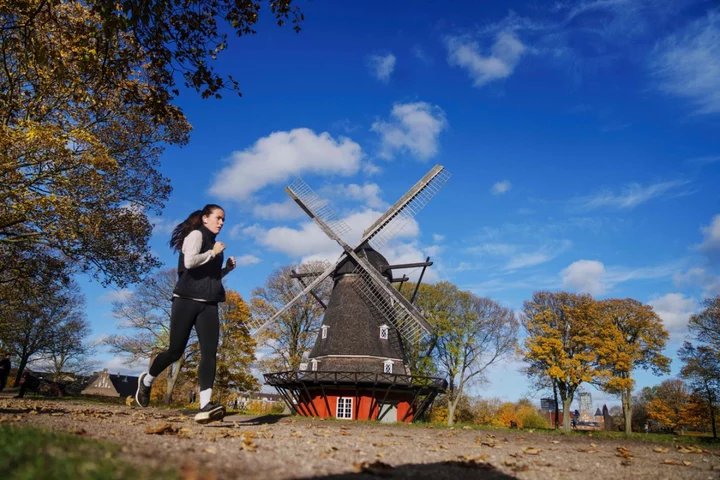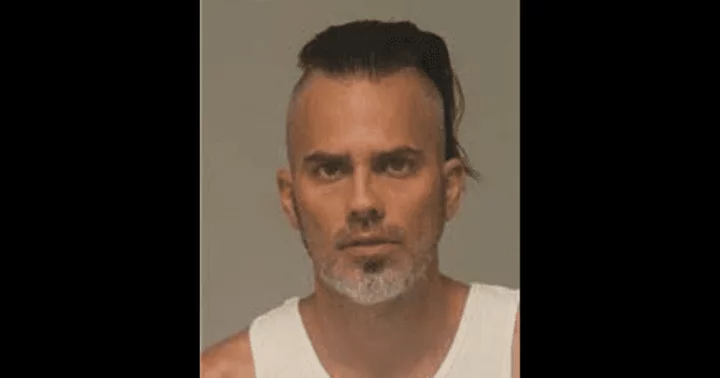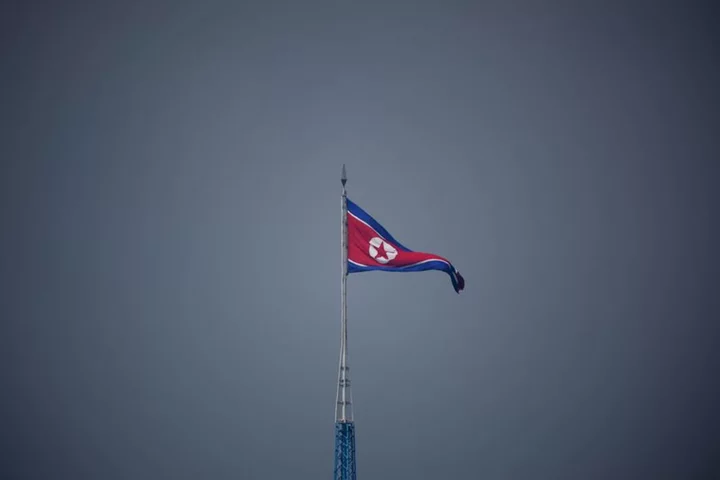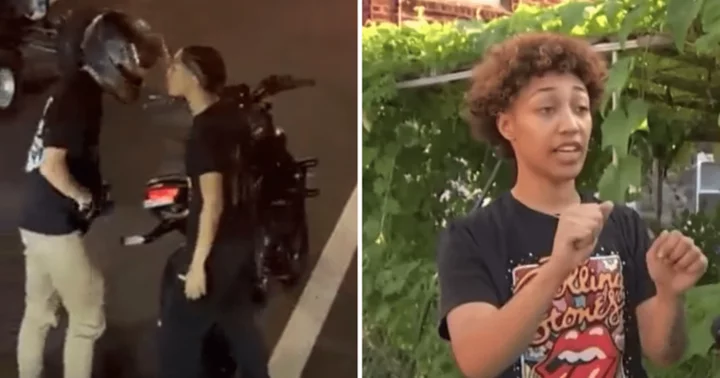By Jason Hovet and Robert Muller
PRAGUE (Reuters) -Ukrainian President Volodymyr Zelenskiy landed in the Czech capital Prague on Thursday as part of a tour to drum up support for a fast track to NATO membership for Kyiv ahead of a summit next week.
Ukraine is seeking a clear signal from NATO at a July 11-12 summit in Vilnius that it can join the military alliance when Russia's war on his country ends.
Though Ukraine wants to join as quickly as possible, NATO members have been divided over how fast that step should be taken, with some wary of moves they fear could take the alliance closer to an active war with Russia.
"The visit of the Ukrainian president is intended to be an expression of appreciation for the support that the Czech Republic has provided to Ukraine since the beginning of Russian aggression, and to bring mutual assurance that this support will continue," the office of Czech President Petr Pavel said in a statement.
"At the meeting, the presidents should coordinate their positions before the NATO summit in Vilnius, where it is expected to discuss, among other things, security guarantees for Ukraine."
The Czech Republic, a NATO member, has been a staunch supporter of Ukraine since the invasion in February 2022, supplying military aid and other help.
Czech President Pavel, who was Czech army chief and principal military adviser to the NATO secretary-general in 2015-2018, said in a Reuters interview in May that Ukraine needs support for NATO and European Union entry but joining either would be a lengthy process.
Zelenskiy landed in a Czech government plane, escorted by two Air Force jets, television footage showed. His arrival follows a visit to Bulgaria for talks on security and the NATO summit.
Zelenskiy's diplomatic adviser Ihor Zhovkva said Kyiv had secured the backing of Bulgaria for its membership of the military alliance "as soon as conditions allow. "
During the visit, Zelenskiy urged Sofia to continue military support and moved to dispel the notion that supplies of Western weapons to his country had expanded the scale of the war.
(Reporting by Jason Hovet, Robert Muller and Ronald Popeski, additional reporting by Alan Charlish; Editing by Jonathan Oatis, Richard Chang and Conor Humphries)

